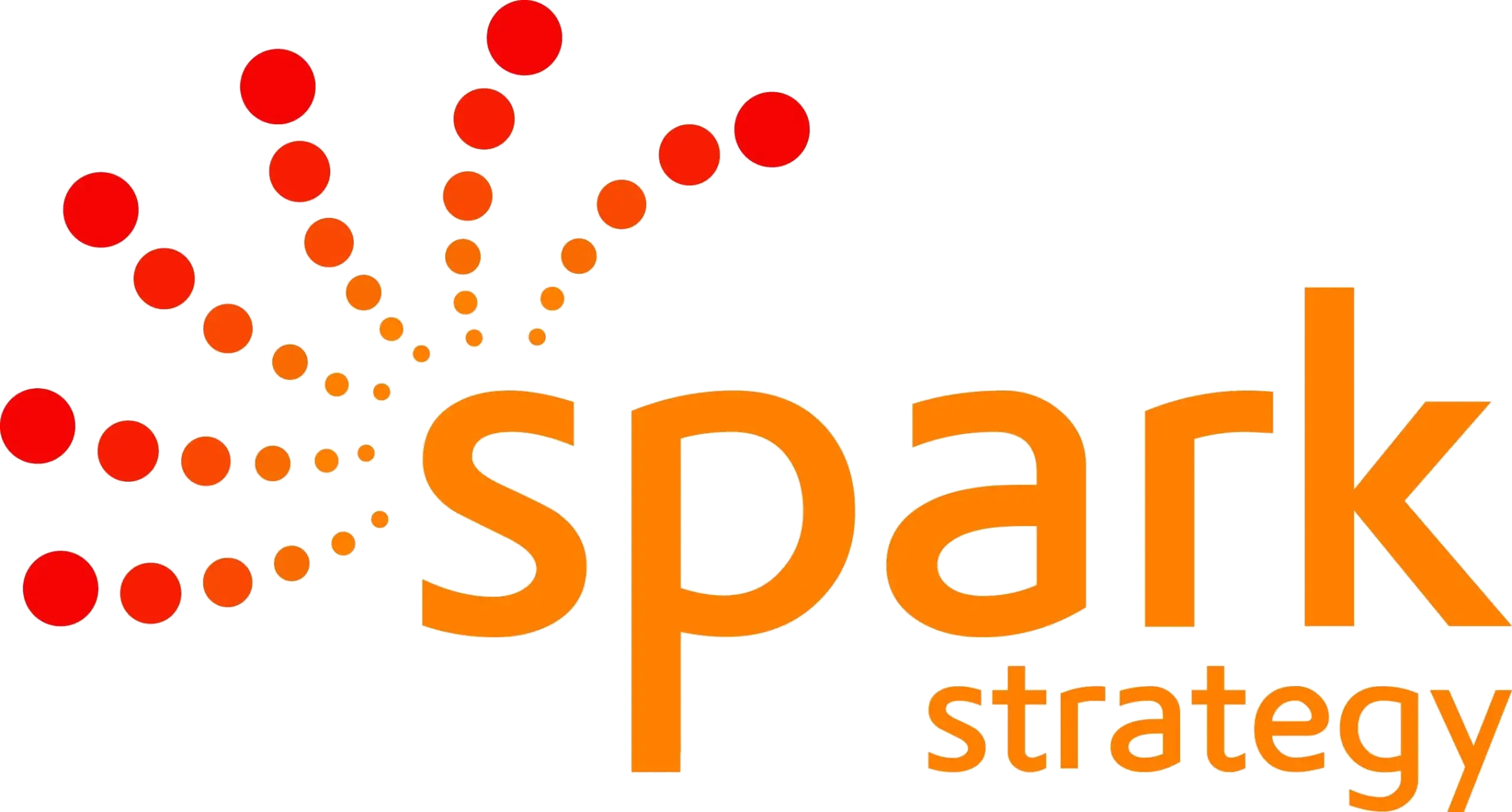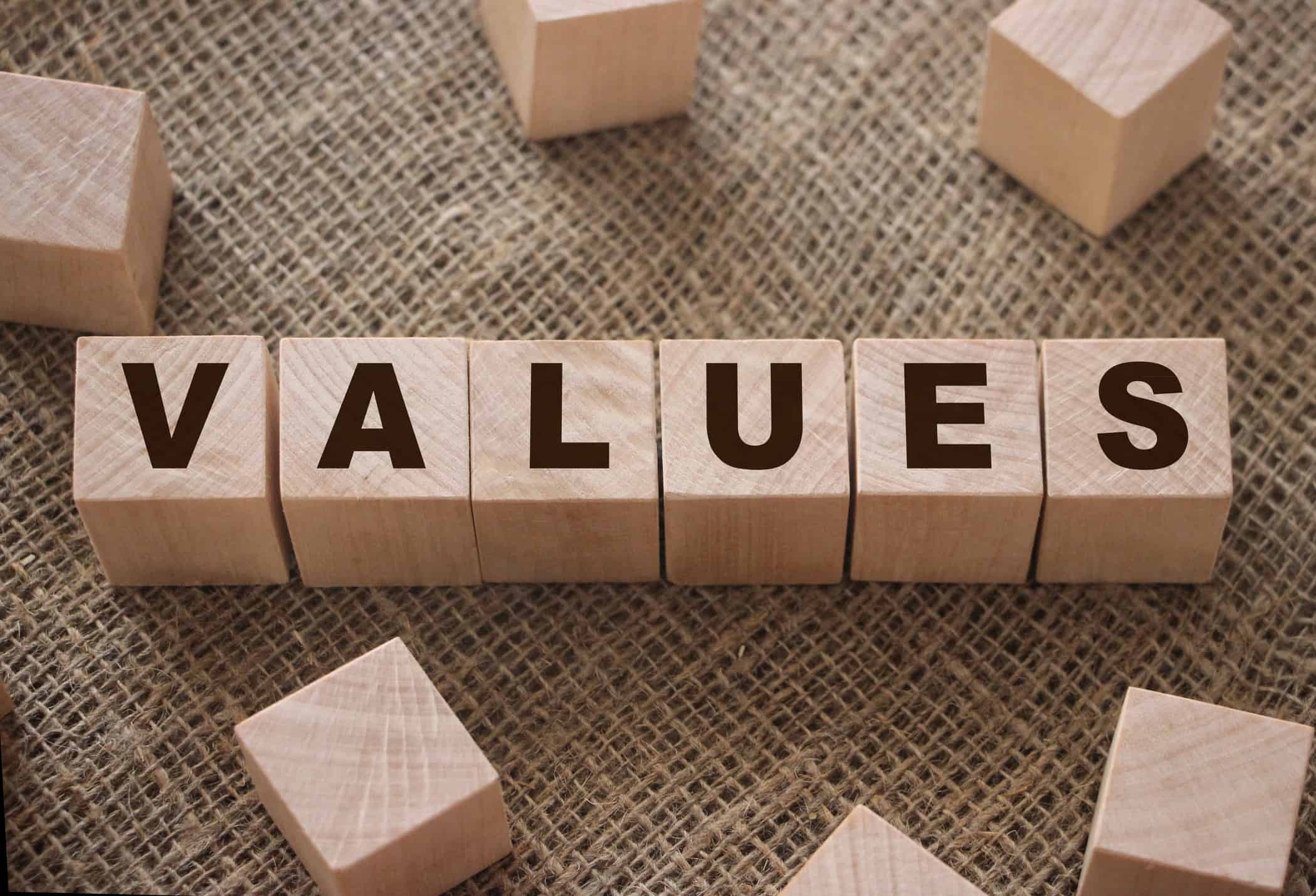I have been writing and speaking a lot lately about the human side of social sector strategy.
Probably because at home and at work I am seeing and feeling the massive human cost of the pandemic – fatigue, uncertainty and stress.
And it seems I’m not alone… here are three sobering facts looking forward:
- 70% of small to medium NFP’s expect to make a significant loss this year: this means less money to deliver purpose
- 50% staff in Australia – across the sectors- are looking for new jobs: this means more cost and less effectiveness in delivering purpose – oh and more farewells ?
- Over 80% of service providers believe demand has risen and will continue to rise
So… if demand for help is growing, money to fund this help is tightening and our people making and delivering the help are worn out and in the departure lounge… how do we push forward and deliver even more to our purpose?
How do deliver more and better impact with less?
There are a bunch of logical, efficiency, partnership and innovation pathways to explore here, which we will go into in other publications. But there is one, as obvious as the nose on your face, that was hugely popular 20 years ago and doesn’t receive the same kind of love now… Values.
My 25 years delivering strategic advice has taught me this: if you can link your Values directly to your Impact, it will give you the kind of alignment, clarity and human kinetic energy needed to plan and execute better, with less.
The strategic plans I am most proud of delivered beyond expectation and were super impactful because of how the team aligned and executed.
Why? What made them outperform? Our initial research indicates that this came down to the humans (no surprises here). But what about the humans exactly?
Their ability to tap and translate deep introspective motivators so as to create external benefit for others, repeatedly and efficiently.
Let me show you how by stepping you through the Values Impact Chain.
Good Bad and Ugly
Before we do that, lets just align our language and bust a myth…
Values are the things that are important to you in how you live and work. They determine your priorities and how you measure your success.
Impact is the measure of how well you made a difference to the social problem you exist to solve.
As for myth busting… having a values statement means we will have an impactful culture… busted!
I love this provocation in Harvard Business Review from Patrick Lencioni
“Take a look at this list of values: Communication. Respect. Integrity. Excellence. They sound pretty good, don’t they? Strong, concise, meaningful. Maybe they even resemble your own company’s values, the ones you spent so much time writing, debating, and revising. If so, you should be nervous. These are the corporate values of Enron, as stated in the company’s annual report. And as events have shown, they’re not meaningful; they’re meaningless.”
How many of these do you have also? Can you draw a straight line between each Value your workplace holds and your Impact.
Try this, pick one of your workplace values and come up with a non-fuzzy link to the impact you are aiming for. Can you see how excelling in a value can drive more and better impact (with less resources)?
On the Right Bus?
Let me be clear on something. I don’t believe workplaces can change staff values. Rather, the job is to find staff who already align to organisational values.
Interestingly Values are associated with occupational choices at the very beginning of a person’s career and predict specific behaviours and decisions. Their broadness and stability make values a predictor of organisational behaviour over time and across contexts (Arieli et al 2020).
This is a hard but vital leader’s duty in these times. Given the 50% departure lounge statistic You will need to get on the front foot regarding helping people who need to, take the leap…. So you can find people ready for your workplaces’ next leap. More and better impact.
Once you have value alignment, then show them how the values will directly drive the impact they came to work for.
That’s where the Values Impact Chain can help.
This Golden Thread
Below is our Values Impact Chain:
Note: There is a cascading relationship between these values shown below
Let’s talk about each of these
Identity: Who am I? This is not in our chain but its important for you to know so you can engage your leaders in the right way.
Values: What Drives you? What do you want? are the things that are important to you in how you live and work. They determine your priorities and how you measure your success.
If you value respectful dialogue then you will seek out, thrive and positively invest into work and workplaces that share this value. Further if your purpose aligns with that of the workplaces you will amplify your contribution feeling aligned, valued and with your ‘tribe’.
Beliefs: What do you feel? Your feelings of motivation and positivity towards an action or task will be heightened when either the output of the action or the way the action is to be conducted aligns with your values. The reverse is also true.
If you value respectful dialogue and communication and your leader barks directions at you, then you will be demotivated and probably under invest in your work
Behaviours: What do you do? Given your fears, hopes and feelings, what do you do in any given situation or with any given stimulus.
If you believe your leader is going to bark at you, then you will pre-empt this by avoiding them, or over thinking to avoid being barked at both of which will negatively impact you and your outputs.
Outcomes: What do you achieve? Based on what you do, what outcomes can you reasonably expect.
If you are avoiding engagement with your leader or overly anxious this will probably reduce the efficacy of your work both in terms of whats produced and how it was produced. Your heart wont be in it.
Impact: What difference do you make? The measure of how well you made a difference to the social problem you exist to solve.
If your outcomes have lacked something, don’t quite have the level of investment in them then moving the dial on your impact, your purpose will be much less if at all.
So, I’ve used a negative example here but try to reimagine this chain in a positive sense… you will see how this just makes sense.
How do you create better impact with your values?
Values require constant attention so as an organisation, you need to evaluate, redefine, and adapt values on a regular basis. It is this attention to detail that will enable agile thinking.
Your organisation’s strategic execution is enhanced when core values are actively re-assessed against your purpose, followed and celebrated.
A workplace that has a core value of Innovation will seek have better use of their ‘strategic compass’ to purchase an emerging technology company for market competitiveness, or if a core value is to ‘foster collaboration’ then a company better positioned to form partnerships that could ensure financial sustainability in an ever-changing external environment.
These all lead to a greater impact that your organisation can make.
What helps, hinders, or hurts?
We all know that culture eats strategy for breakfast.
A few points to start with:
- Be authentic – everyone can detect a marketing gimmick with buzzwords
- Build values with key people – the best values are driven by a small group of workers and leaders not with 50 different opinions
- Don’t rush – effective values are like a fine wine; they take time to be refined
- Weave values into everything – everyone from the top down should be reminded and evaluated against the companies’ values for organisational consistency
Individuals are motivated to act in ways that allow them to express their important values and attain their underlying goals (e.g., Sagiv & Schwartz, 1995). Values predict behaviour in situations that are relevant to their core motivational goals (Arieli et al 2020).
This reinforces our own work that getting value-aligned people into an organisation directly impacts an organisation’s outcomes.
When your organisation has established values and beliefs with the right people, behaviours are influenced in a way that enables your organisation to deliver work that produces great outcomes and with this, gives your organisation agency to create real impact.
References
Unanue W, et al (2017) Revisiting the Link between Job Satisfaction and Life Satisfaction: The Role of Basic Psychological Needs. Front. Psychol. 8:680. doi: 10.3389/fpsyg.2017.00680
Link: https://www.frontiersin.org/articles/10.3389/fpsyg.2017.00680/full
A version of this article appeared in the July 2002 issue of Harvard Business Review.
Read more on Organizational culture or related topics Organizational learning and Authenticity
Patrick M. Lencioni is the founder and president of the Table Group, a management consultancy specializing in executive team development, located in Emeryville, California. He is also the author of several books, including The Five Dysfunctions of a Team (Jossey-Bass, 2002).


